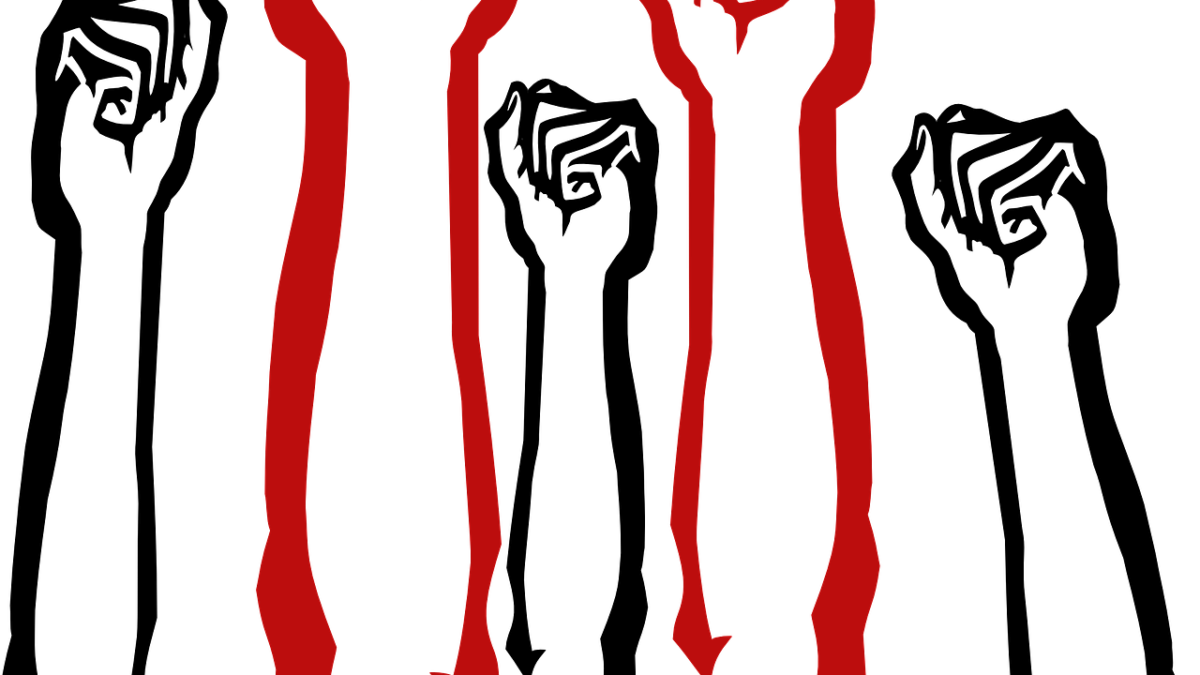
“The abstract legal subject of liberal Western democracies fails to reflect the fundamental reality of the human condition, which is vulnerability. While it is universal and constant, vulnerability is manifested differently in individuals, often resulting in significant differences in position and circumstance. In spite of such differences, political theory positions equality as the foundation for law and policy, and privileges autonomy, independence, and self-sufficiency.
This article traces the origins and development of a critical legal theory that brings human vulnerability to the fore in assessing individual and state responsibility and redefining the parameters of social justice. The theory arose in the context of struggling with the limitations of equality in situations I will refer to as examples of ‘inescapable’ inequality. Some paired social relationships, such as parent/child or employer/employee are inherently, even desirably, unequal relationships. In recognition of that fact, the law creates different levels of responsibility, accepting disparate levels of authority, privilege, and power. Those laws, and the norms and rules they reflect, must carefully define the limits of those relationships, while also being attentive to how the social institutions in which they exist and operate (i.e. the family and the marketplace) are structured and functioning.”
Fineman, Martha Albertson, Vulnerability and Inevitable Inequality (December 13, 2017). Oslo Law Review, Vol. 4, pp133-149; Emory Legal Studies Research Paper. Available at SSRN: https://ssrn.com/abstract=3087441
Questions:
- Why might we be concerned about the utility of equality or antidiscrimination models? Within the family? The market?
- Why does Fineman argue that we need to ‘rethink’ the legal subject to ‘make it more reflective of the actual human experience’?
- What might be some implications of basing our movements for justice upon a vulnerable legal subject?
- What are embodied and embedded differences?
- What is resilience, for Fineman, and how does this relate to her insistence upon a life-course perspective?
- Do you agree that some relationships are marked by inevitable and even desirable inequality? When might inequality be desirable?
- What if our vision of social justice did not focus on a struggle for equality? What other issues might emerge as priorities?